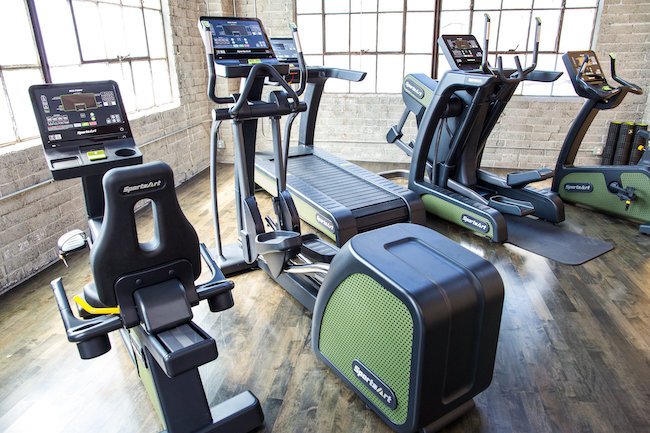
As universities begin to welcome students back, directors of college recreational centers will need to develop plans, policies and protocols to maintain a safe and healthy environment. The many “moving parts” that make up college recreational center operations present some unique challenges for maintaining a safe and clean facility.

School districts should conduct comprehensive threat vulnerability assessments that not only focus on existing measures already in place, but also encapsulate a thorough review of operational safety and security focused policies and procedures.
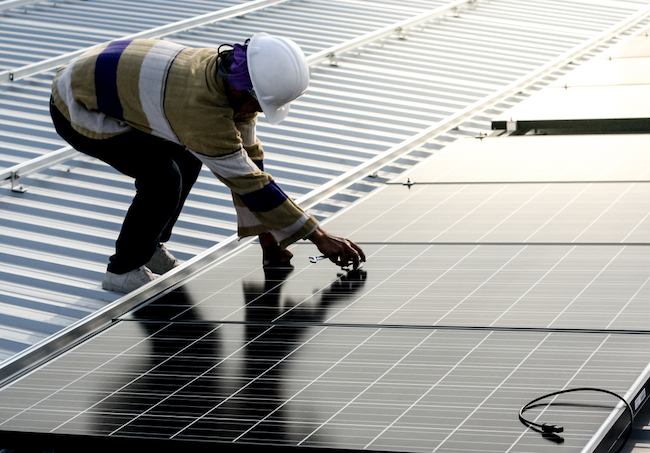
Several colleges and universities are pursuing solar solutions for two major reasons: to save money on energy costs and/or to meet sustainability goals through renewable energy projects. Whether you’re already pursuing a solar solution or just starting to consider your options, there are some important considerations to keep in mind, as well as certain factors that go into the most successful solar projects.
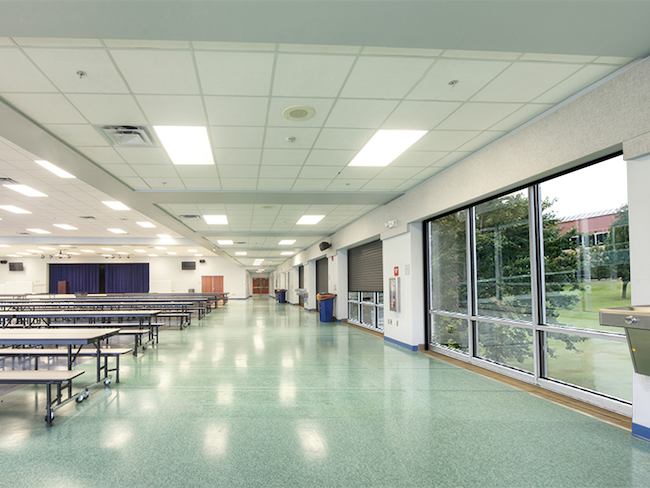
The inclusion of storm shelters, safe rooms and best available refuge areas are steadily increasing, especially due to recent code changes in the heart of the United States. By specifying commercial rolling doors and shutters that meet strict wind load and flying projectile requirements, classroom pods, cafeterias and gymnasiums can maintain a welcoming appeal while able to transform into a safe space within seconds.
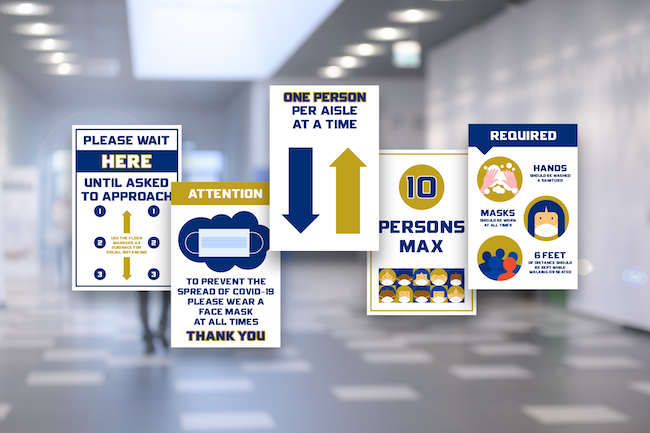
Overall, signage provides a cost-effective and direct solution to the question, “How does the coronavirus change our schools?” Signage plays a role in helping people feel comfortable in their environments and understanding what is expected of them in certain spaces.
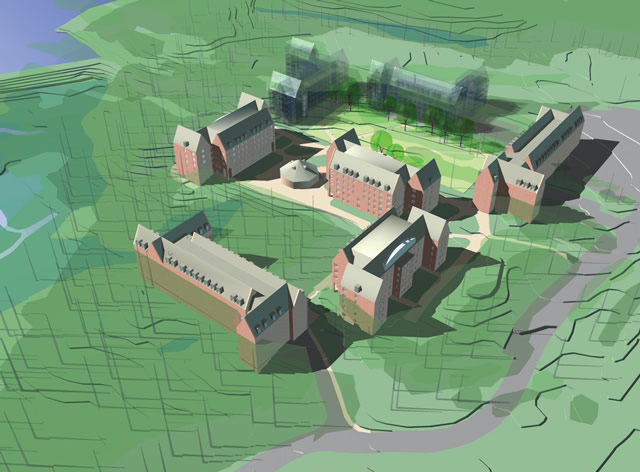
The academic sector is the perfect use case for exploring how design-build is the best delivery system for mitigating risk, increasing the speed of delivery, lowering costs, and delivering great design – all through a simpler, more collaborative process.

The stimulating environment of a sensory room may heighten awareness, provide a sense of security and comfort, improve creativity, promote mental and physical relaxation, and even decrease aggressive behaviors.

School districts see value in using cooperative purchasing entities as they get a steady, predictable pricing structure and supplier source.
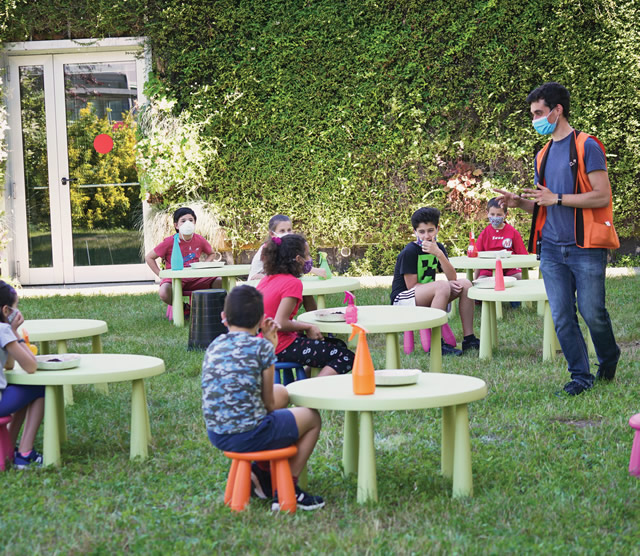
When students finally return to school after months of learning from home, there will be dramatic changes. Even when K-12 leaders are allowed to reopen their facilities, doing so safely and responsibly will require everyone to maintain proper distancing while they’re at school, experts agree — at least until there is a working vaccine for the COVID-19 virus.
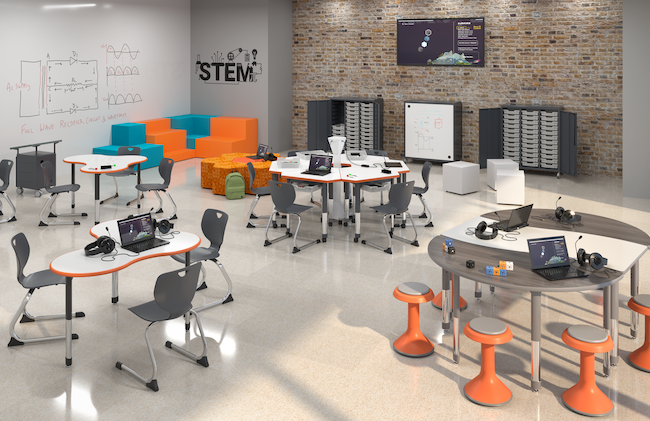
Even before COVID-19 forced K-12 leaders to rethink the design of school spaces, versatility was an important design element for classrooms and other instructional environments. Once life returns to normal, versatility will continue to be a critical design element.

We spoke to HID Global's Tim Nyblom, End User Business Manager - Higher Ed, and Dave O’Driscoll, Senior Director of Strategic Initiatives, about cloud and mobile technologies that will be important when universities reopen in the fall and in the next few years.

How can higher education institutions incorporate student success in their resilience planning process as they consider future impacts on campuses? And how can design professionals use their knowledge and skills to support this effort?
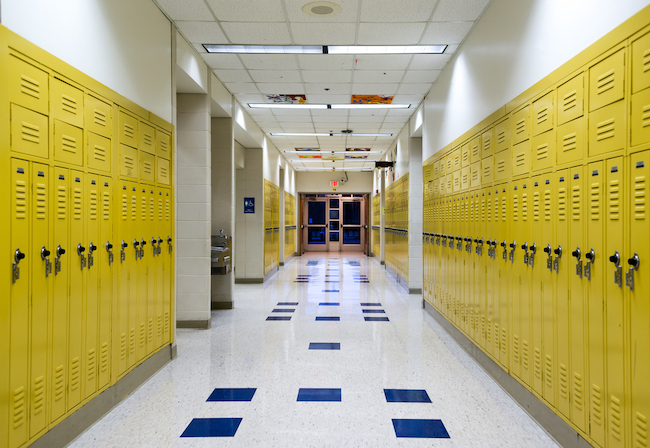
To aid in a rapid response, innovative technology companies have developed powerful gunfire detection systems to greatly reduce the time required before a suspect is apprehended.
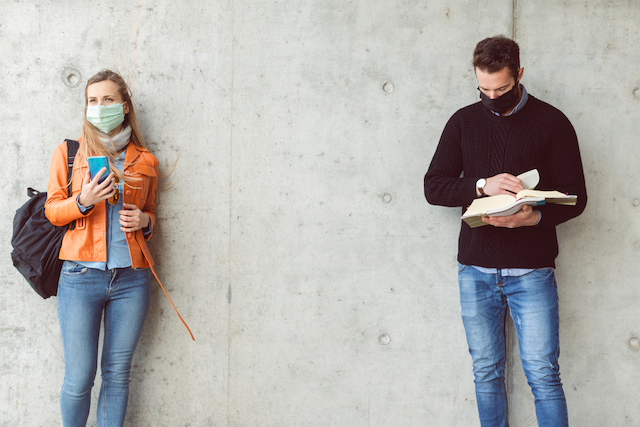
As colleges and universities make plans to reopen facilities in the fall, higher ed decision makers must consider a variety of issues while COVID-19 continues to spread in communities across the country. A facility services expert shares strategies and protocols used to ensure a healthy environment for students, faculty and staff.
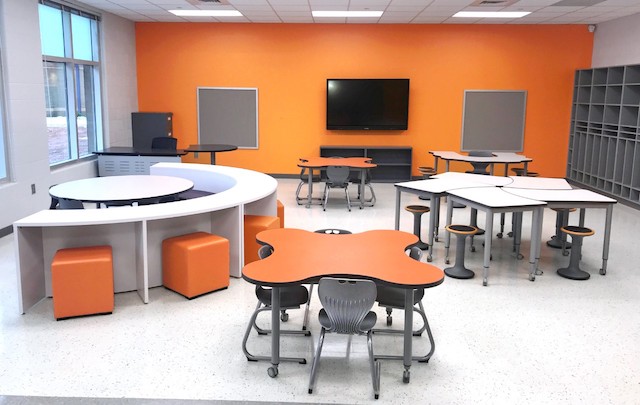
Here are five tips that all K-12 schools can use to break out of the one-size-fits-all classroom furniture model and create modern, engaging spaces for 21st Century learners.
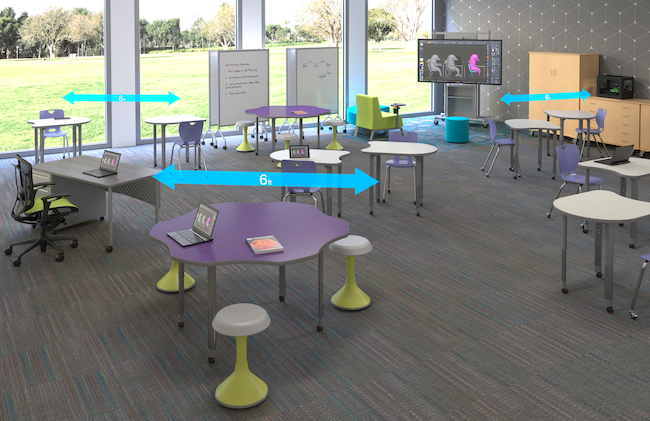
The design of the learning space will play a critical role in enabling active learning to occur in a responsible manner.

When the pandemic subsides, districts that haven’t already will likely take a closer look at e-learning and the skills and solutions that make it possible.

The COVID slide could exacerbate existing achievement gaps if K-12 leaders don’t take action. Here are four strategies that can help solve this challenge.
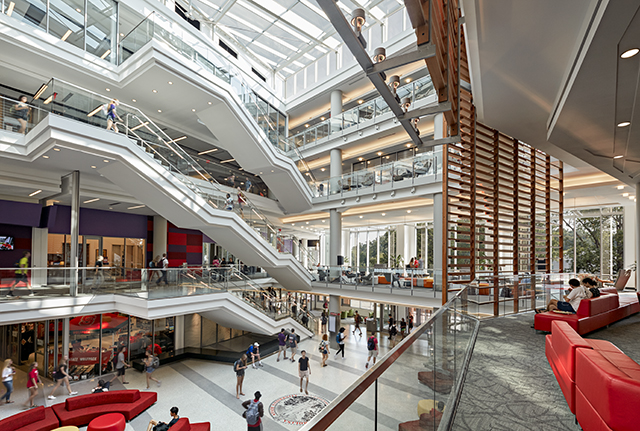
They are the first generation to be immersed in technology since birth, experiencing it as an extension of daily life. As future Gen Zers progress through our learning institutions, their characteristics, wants and needs will further shape K-12 education environments, university campuses and future workplaces.